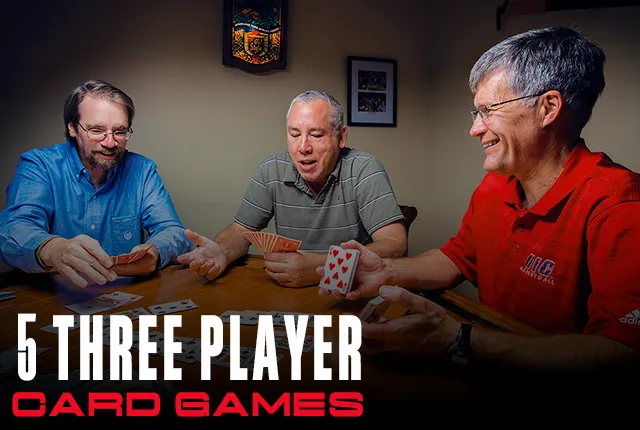How Video Games Affect Your Brain-Good and Bad

Video games have long been debated for their effects on mental and cognitive health. While some argue that gaming harms brain function, research shows both benefits and drawbacks. Let’s break them down.
Positive Effects of Video Games****
Enhanced Cognitive Skills:
Strategy and puzzle games improve problem-solving, decision-making, and critical thinking.
Better Reflexes & Coordination:****
Fast-paced games enhance reaction time and motor coordination, benefiting real-life skills like driving and sports.
Boosts Creativity & Learning:****
Sandbox games like Minecraft and role-playing games (RPGs) stimulate creativity and problem-solving in open-world settings.
Stress Relief & Relaxation:****
Casual games and simulations help reduce stress and anxiety by providing an engaging escape.
Negative Effects of Video Games
Addiction & Time Management Issues:****
Excessive gaming can lead to compulsive behavior and neglect of real-world responsibilities.
Reduced Attention Span:****
Fast-moving gameplay may decrease patience and focus in non-gaming activities.
Sleep Disruptions:****
Gaming late at night interferes with the sleep cycle, leading to fatigue and reduced productivity.
Emotional & Behavioral Changes:****
Some studies suggest excessive exposure to violent games can increase aggression and irritability. Finding a Healthy Balance
To enjoy gaming without negative consequences, players should:****
Set time limits and take breaks. Avoid excessive exposure to violent or highly competitive games. Engage in physical activities to counterbalance screen time. Play games that stimulate learning and creativity.
By managing gaming habits, players can maximize the benefits while minimizing the downsides.
Recommended
New 2025 Games That Feel Like Old Favorites — The Best Spiritual Successors & Genre Evolutions
2 months ago
Gaming and Mental Health: How Gaming Can Be Good for You
1 year ago
Social Media: A Game-Changer for the Gaming Industry
1 year ago
Best Board Games for Couples 2025: Strategic, Cooperative, and Cozy Picks for Two Players
1 month ago
Romantic Board Games for Couples in 2025: 10 Perfect Picks for Date Night
1 month ago

